Top 10 TV Shows of 2021
1. How To with John Wilson (HBO) Season 2
In a year of isolation and deep loneliness, How To with John Wilson felt like a big, warm hug of a show. But don’t mistake this description as claiming the show is sentimental. It’s not. Rather, it is one of the most perceptive, sensitive, and, yes, hilarious portraits of human oddness I’ve ever encountered. There is a fine line between letting someone tell a weird story and mocking them for their story, and How To with John Wilson walks this line perfectly. It helps that John is something of an odd guy himself. The show is made possible by his habit of recording footage of every day of his life on the streets of New York. It’s a strange habit, but one that allows him to reconfigure the footage into these episodes on everyday topics. I’m thankful John’s so odd because we get this show as a result.
In this second season, John shares a bit more of himself than in the first season, which leads to some hilarious detours into sex cults, amateur filmmaking, and The People’s Court. He investigates some ordinary activities that are more fascinating than you’d think—his episode on parking in New York is eye-opening, even for someone living in a different major North American city. He showcases some truly bizarre and sad individuals, whether the man who eats expired American war rations or a sex offender who’s trying to get his life back together.
In perhaps the best segment of the season, he follows a group of nerds who meet together to learn the fictional language, Naavi, from James Cameron’s Avatar. What seems to be a weird fanclub for a great (but reviled) science-fiction film turns into something more like a support group, as we watch these people bare their souls to each other and help each other overcome loneliness and dissatisfaction. At its best, How To with John Wilson made me howl with laughter or learn to love the imperfect beauty of my fellow human beings. That it managed to do this in the atrocious year of 2021—which tested my affection and compassion for other people, to put it lightly—is remarkable.
2. Squid Game (Netflix) Season 1
Sometimes things are popular for a reason. Squid Game has a great concept, a strong cast, relevant themes, and propulsive storytelling. It’s basically everything I want in a popular show. It’s hard to overstate how good the hook is: desperate individuals join a contest where they play children’s games, but to the death. The winner will make millions. The losers are killed. There’s an obvious metaphor for economic precarity in there, but don’t mistake this for some straight allegory. It’s weirder and more complicated than that and I’m thankful the show avoids reductive generalizations at every turn. The characters are deeper than the character types they resemble, the filmmaking is more intelligent and perceptive than most of what you’ll find on streaming television, and the thematic takeaways challenge our assumptions about each other and the world, while forcing us to acknowledge some deep dysfunctions both in our modern society and our notions of equity. Best of all, it is riveting storytelling, unbearably tense one moment, tender and moving the next. Squid Game is the rare bit of super popular television that’s actually better than its reputation suggests.
3. I Think You Should Leave with Tim Robinson (Netflix) Season 2
I didn’t laugh harder at anything this past year than I laughed at this absurdist sketch comedy show from Tim Robinson. It’s a fool’s errand to try to quantify a good joke, so I’ll spare you in-depth analysis. I’ll only say that this second season of the Netflix sketch comedy show pays enormous dividends on rewatch. The non-sequitur jokes get better, the absurd scenarios grow more amusing, and the deep frustration and bitterness beneath much of the humour grows more cutting. It’s also worth mentioning that this show never overstays its welcome. All the episodes are between 16 and 18 minutes, and the brevity of the sketches helps the show achieve a near-perfect hit-to-miss ratio. There’s no fat in the episodes and very few sketches that aren’t funny. Add to that a willingness to push a joke far past breaking point—something it learns from Mr. Show, whose Bob Odenkirk shows up in a memorable sketch in the second episode—to where the audacity and stretching out of the joke becomes a part of its function, and you have the makings of a great sketch comedy show.
4. Narcos: Mexico (Netflix) Season 3
Narcos: Mexico caps off its three-season run in much the same way the original Narcos series did: by pivoting away from its charismatic central figure to make a definitive point about the US War on Drugs in Latin America—it’s about more than one man. This final season of Narcos: Mexico loses Diego Luna’s Miguel Ángel Félix Gallardo, but by shifting focus to the three Mexican cartels left standing after his arrest (Tijuana, Juárez, Sinaloa), it shows how the dysfunctions of the drug war are a systemic rot, exacerbated by the greed and violence of individual men, yet enabled by American empire and the American public’s insatiable lust for drugs. The show teaches you about fascinating recent history in Mexico at the same time that it draws you in with its captivating riff on the classic cops and robbers thriller. Individual moments are frequently stunning, such as the gunfight at Guadalajara Airport at the end of episode four that is tense and astounding for having happened in real life. But it’s the cumulative effect of the show and the heaviness of its moral fatigue that registers most. DEA Agent Walt Breslin’s (Scoot McNairy) weary resignation at the end of the finale sums it all up: “We’re not the good guys.” No one here is, and while some are worse than others, the cycle of violence and dysfunction keeps turning on into the future, with no end in sight.
5. UFO (Showtime) Limited Series
UFO is the best show no one watched. It’s a four-episode limited series that explores the entire phenomenon of UFOs in recent American history. Don’t mistake this show for one of those late-night freakshows you’ll find on the History Channel or any of the paranormal crap on Netflix with grainy footage of rubbery “grays” running around suburban backyards. This is a prestige documentary that explores what UFOs are, what they could be, and, most intriguingly, what they’ve meant to American culture and politics. Using the groundbreaking New York Times reports—which confirmed that the US Government has been studying UFOs for decades—as a jumping off point, the series investigates the long-established existence of “unidentified flying objects” and talks to journalists, eye-witnesses, and various possible whistleblowers. Are UFOs aliens? Secret government technology? An elaborate psy-op by CIA? Something even weirder? The show never comes down definitely on one explanation, but rather demonstrates that it’s hard to see footage of the Phoenix Lights, listen to inadequate government explanations, and watch witness testimony without thinking there’s clearly a conspiracy afoot and some kind of answer that’s likely to alarm and enrage a good deal of the public if it were made aware.
6. The White Lotus (HBO) Season 1
Recent years have seen a proliferation of shows that act like a hybrid between a 22-minute comedy and a one-hour prestige drama. The White Lotus is one of the best of these shows. It’s frequently hilarious, often cutting, and delivered with a cynical tone that doesn’t let any of its characters off the hook. The show charts a week at an ultra-lux resort in Hawaii. We follow a few of the rich guests as well as a few staff members. At its core, the show details how difficult it is to treat other people as human beings when every interaction is transactional. To be clear, The White Lotus is not perfect. There are some cringeworthy conversations about politics in a few episodes—series creator Mike White can’t seem to help himself from wading into the territory—but for every smug liberal joke, you get several hilarious and biting indictments of modern elites. The show is best when it allows its characters to get a little deranged, whether that’s Tanya (Jennifer Coolidge) pathetically wailing over the ashes of her mother, which happens to coincide with a newlywed couple’s romantic dinner cruise, Mark’s (Steve Zahn) existential crisis over finding out his father was gay and died of AIDS, or, best of all, Armond’s (Murray Bartlett) breakdown as he falls off the wagon and goes wild with the use of confiscated drugs. The show alternates between awkward humour and gut-busting moments of debauchery, so your mileage watching this sort of comedy may vary, but I was pleased with how hilarious and insightful the show was in its six-episode run.
7. What We Do in the Shadows (FX) Season 3
What We Do in the Shadows is a consistently funny and outlandish comedy that finds new life in both the vampire horror subgenre and the mockumentary comedy format by blending them in inventive ways and expanding on the promise of the original film from Jemaine Clement and Taika Waititi. Both are subgenres that are a bit overdone, in my estimation, but this comedy demonstrates fresh ways of playing to the camera and riffing on vampire tropes in inventive ways. Even three seasons in, the show doesn’t feel strained, finding new comedic avenues by creating unexpected pairings of characters. For example, Season 3 puts Nandor (Kayvan Novak) and Nadja (Natasia Demetriou) together for most of the season, which is a creative boon, both for jokes and dramatic conflict. I’m not sure how much more gas this show has left in the tank, but I’m glad we’ve gotten three seasons of very good comedy so far.
8. Star Trek: Lower Decks (Paramount+) Season 2
The main character of Star Trek: Lower Decks, Beckett Mariner (Tawny Newsome), might be the television character most in need of a comeuppance, but aside from that, this is a delightful riff on the Star Trek series and the most faithful show to the spirit of the original since Voyager went off the air. Each episode of this animated comedy adheres to the structure of the classic series. There are encounters with alien species, diplomatic misunderstandings, and resolutions based on cooperation, dialogue, and the occasional quick-thinking act of force. Season 2 further developed the relationships between the characters—the friendship between medical ensign Tendi (Noël Wells) and engineer ensign Rutherford (Eugene Cordero) remains a wholesome highlight—while also following narrative detours that show the fun absurdity of some Star Trek concepts; Episode 5, “An Embarrassment of Dooplers,” takes the concept of an alien diplomat with near-magical powers to its logical, absurd end. If you have great affection for the older Star Trek shows and an appetite for abrasive humour ala Rick and Morty, Star Trek: Lower Decks is made for you.
9. Foundation (AppleTV+) Season 1
Foundation is not a great adaptation of Isaac Asimov’s iconic science-fiction series, but it is a good science-fiction show on its own terms, with elaborate worldbuilding, tense storytelling, and a couple really good performances. The scale of the show is impressive, as is its dedication to showing a world in the far future that operates on rules very different from our own. In this way, it’s not dissimilar from Denis Villeneuve’s Dune, although it lacks the disarming boldness of that material. Lee Pace steals the show as Brother Day, the middle-aged part of a triumvirate of clones of the Emperor who rule the Galactic Empire. His performance is perfectly attuned to the scale and opulence of the show, demonstrating an arrogance that is necessary to make us believe this man rules an empire, while allowing enough doubt to linger on his face to help us understand the human inside. Jared Harris is equally good as Hari Seldon, the psychohistorian who sets the entire series in motion, but he’s sadly underused for much of the season. The season’s missteps come in making this too much a Hero’s Journey about Salvor Hardin (Leah Harvey), the warden of Terminus who fights to keep the Foundation alive. You understand the desire of the writers to have a single hero at the centre of this story, but by tying too much of the story to individuals, the show undermines the thesis of Asimov’s work, which is that human beings are dominated by collective trends, which are mathematically predictable, rather than by individual agency. Thus, it can never be said this show is truly faithful to Asimov. But when taken on its own terms, it’s a frequently stunning and always entertaining work of big-budget hard science fiction.
10. Mare of Easttown (HBO) Limited Series
Not every mystery has to be about the plotting. Sure, the ending of Mare of Easttown veered into The Killing territory with its mystery hijinks and surprise killers, but the bulk of the show is an investigation into a community and a spectacularly shitty woman at its centre, Kate Winslet’s Detective Mare Sheehan. The show has a strong grasp of place—Easttown, Pennsylvania, the town of its title—and spends much of the series tracing the interlocking relationships between Mare and the possible murder suspects, who are family and friends. The entire message of the show is conveyed in the messy spillover between “work” and “home” for Mare. In a place like Easttown, you inevitably end up investigating the people who you grab beers with or have over for dinner. Mare’s inability to cope with this fact leads to domestic dysfunction and a serious attitude problem. Most of the pleasure of this show is in watching Winslet dig into a very prickly character and make her human without necessarily making her likeable. Ultimately, learning about Mare as a person is more interesting than finding out who the killer is, even if the mystery gives the series its narrative momentum and reason for being.
Honourable Mentions
I group all these comedies together here in my Honourable Mentions section because they serve the same function for me: stress relief. They are all varying degrees of crude, clever, inventive, and hilarious. Some are better than others—Solar Opposites is a surprisingly good variation of Rick and Morty, with the best concept in either show: the episodes about the community of shrunk-down humans living in an ant-farm in the alien main characters’ family home. Inside Job is not top-notch comedy, but its concept, which is essentially a Deep State sitcom, is the best of the bunch. Archer continues to impress, and it sends the late Jessica Walter off into the sunset with a lovely tribute that plays like an animated version of how Furious 7 bids farewell to Paul Walker. Disenchantment extended its storyworld into the realm of Steampunk with humorous results and continues to mine fantasy tropes for all their worth. If you need to watch something to unwind for 22 minutes—which was a major factor for me in 2021—these animated comedies will help you do just that.
Archer (FXX) Season 12
Disenchantment (Netflix) Part 3
Inside Job (Netflix) Part 1
Rick and Morty (Adult Swim) Season 5
Solar Opposites (Hulu) Season 2
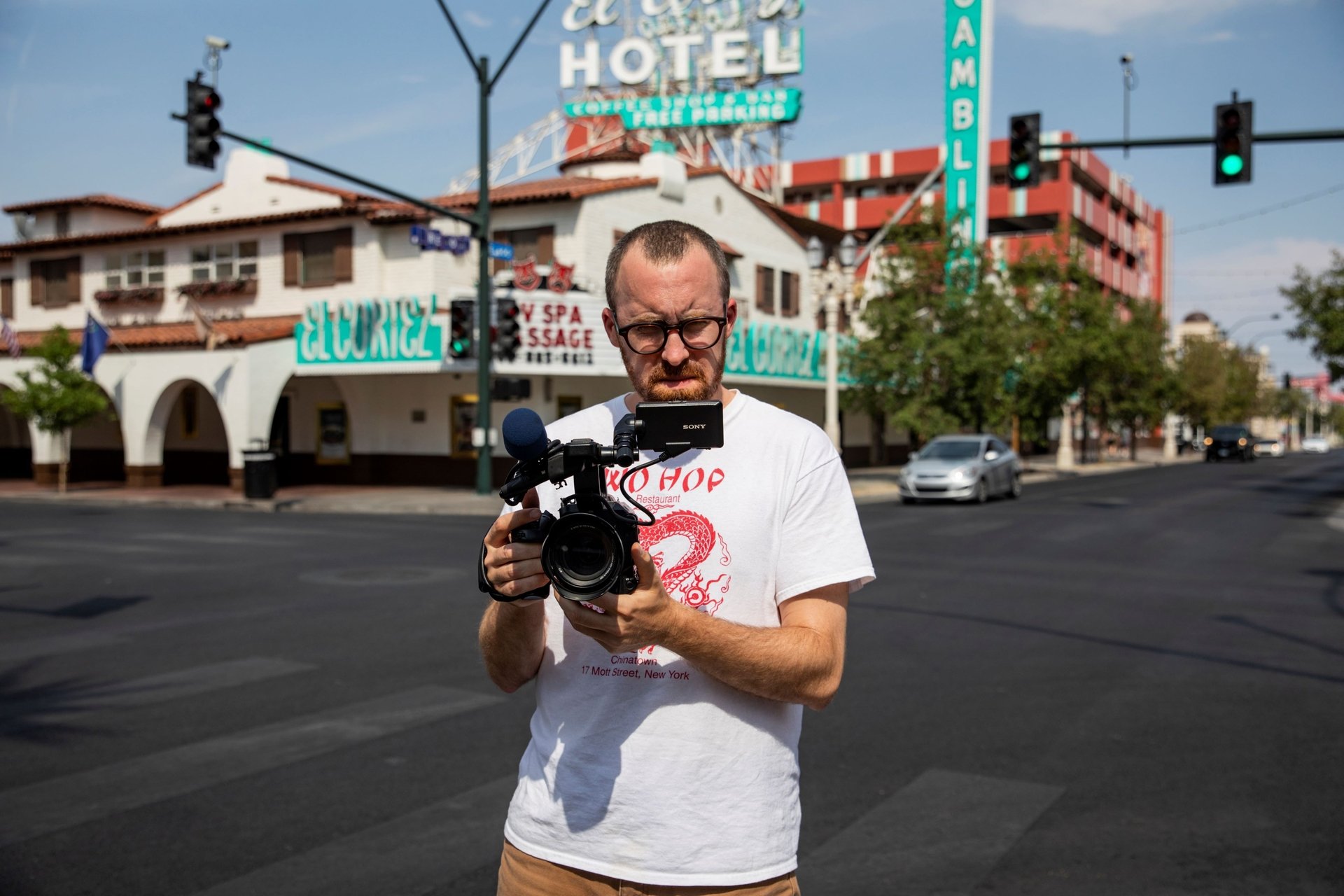
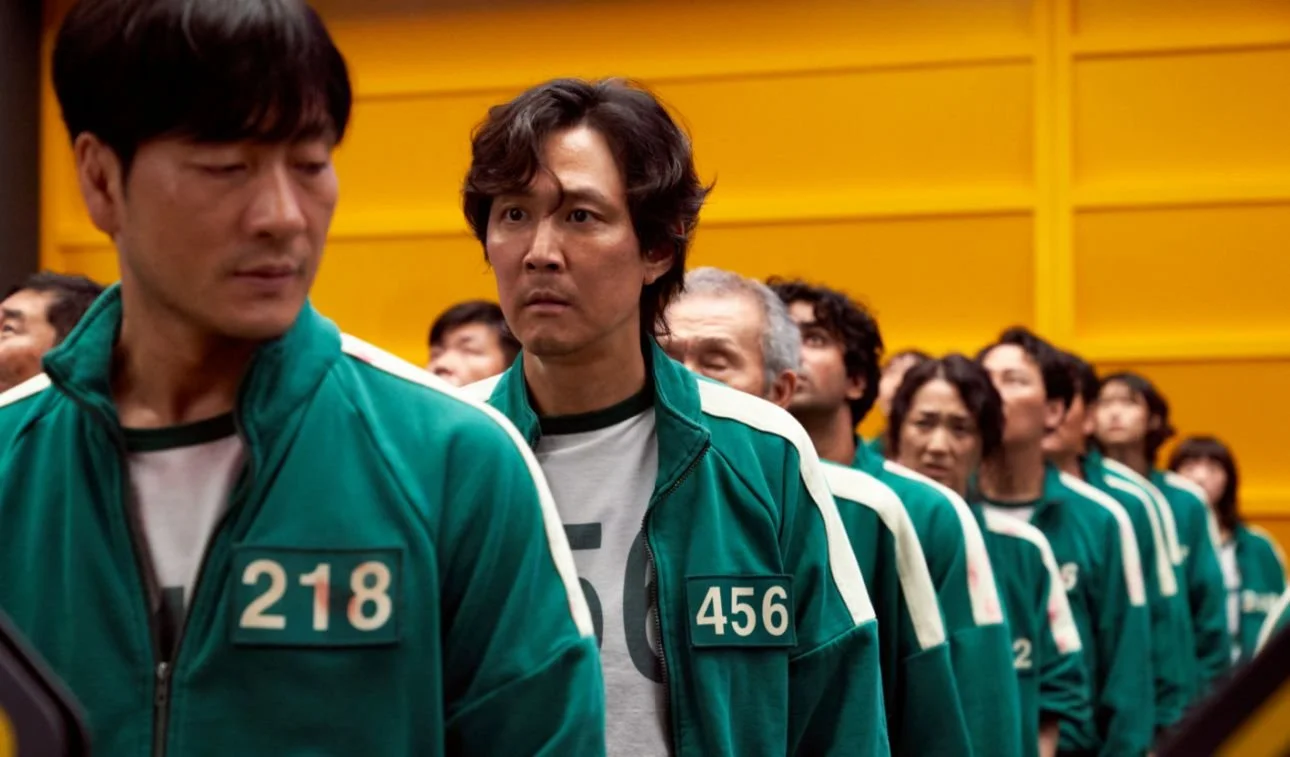



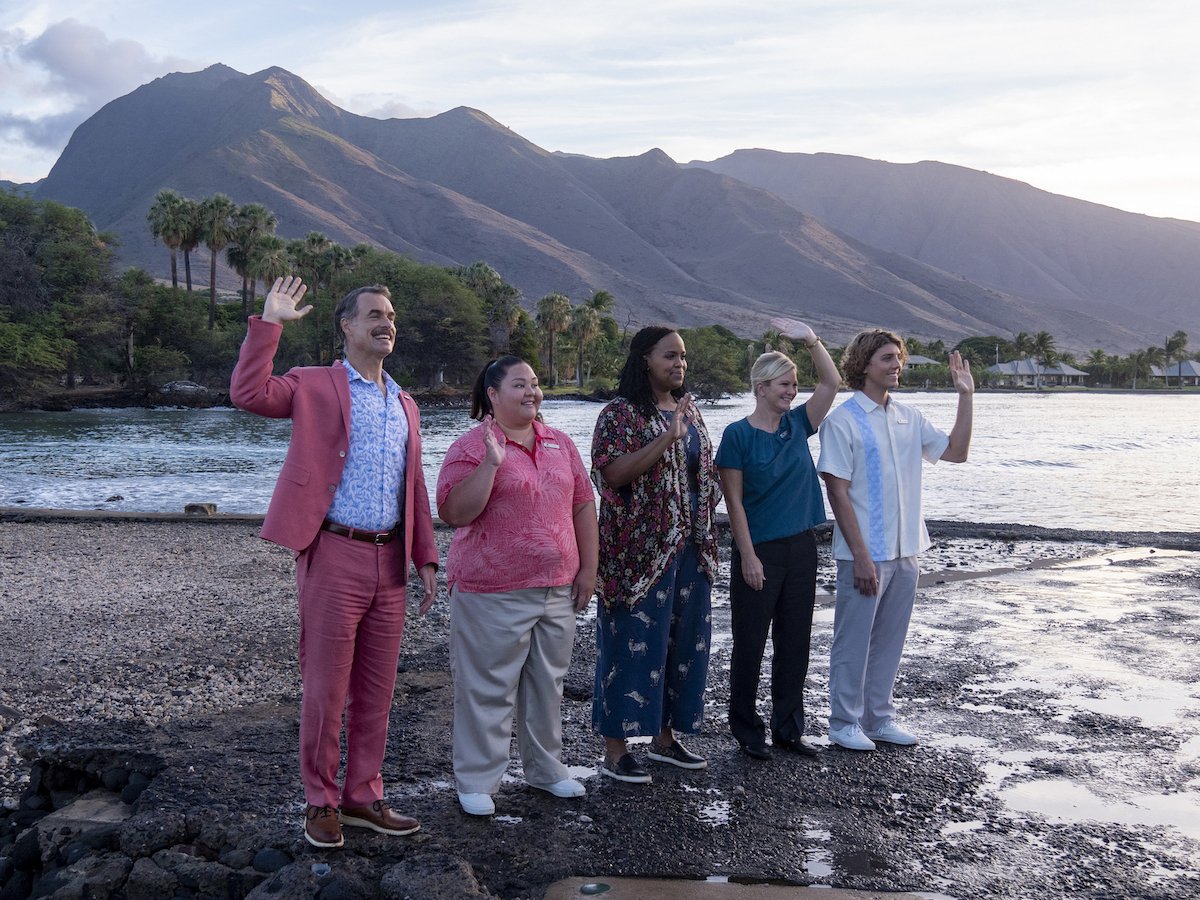
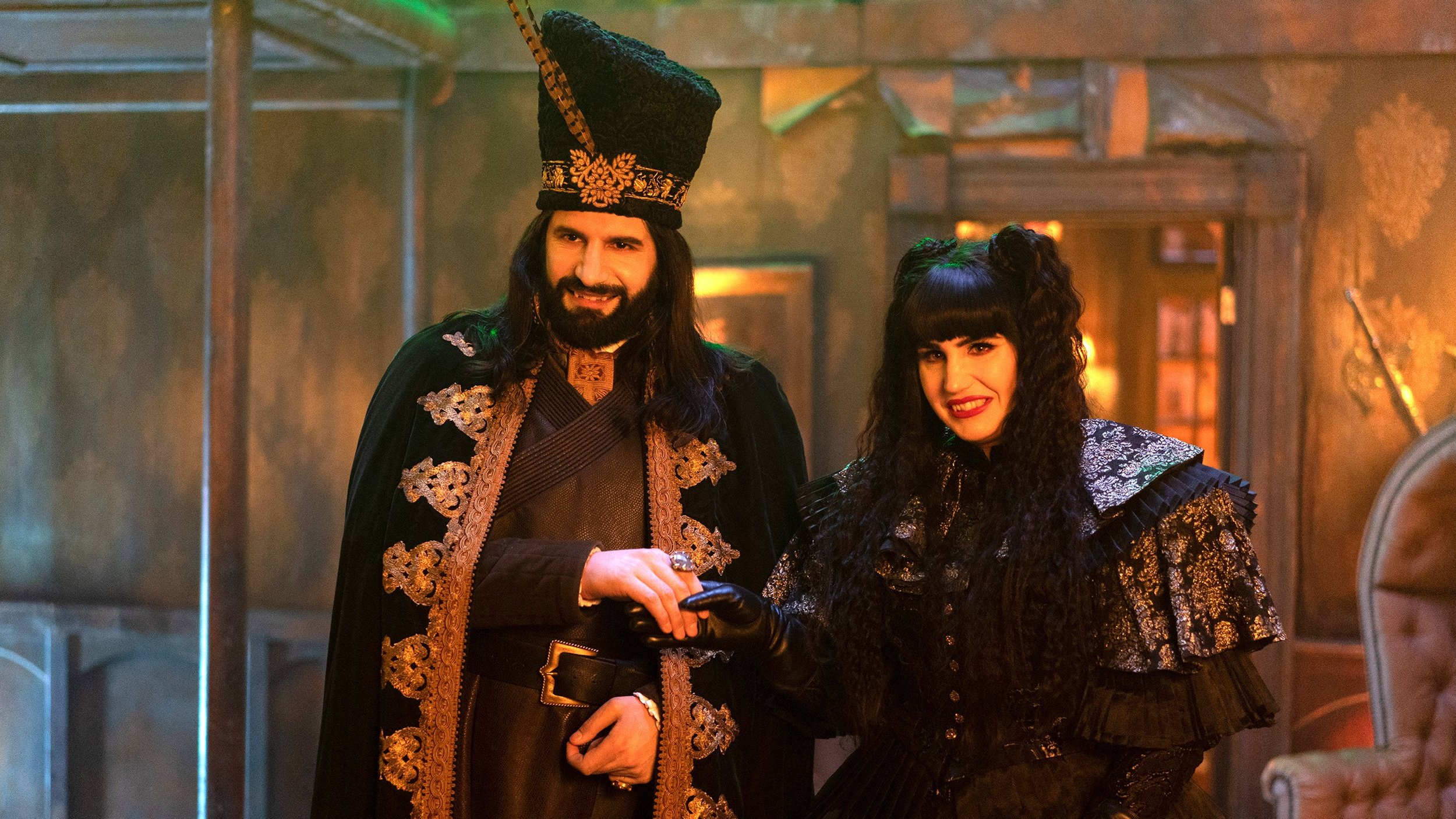


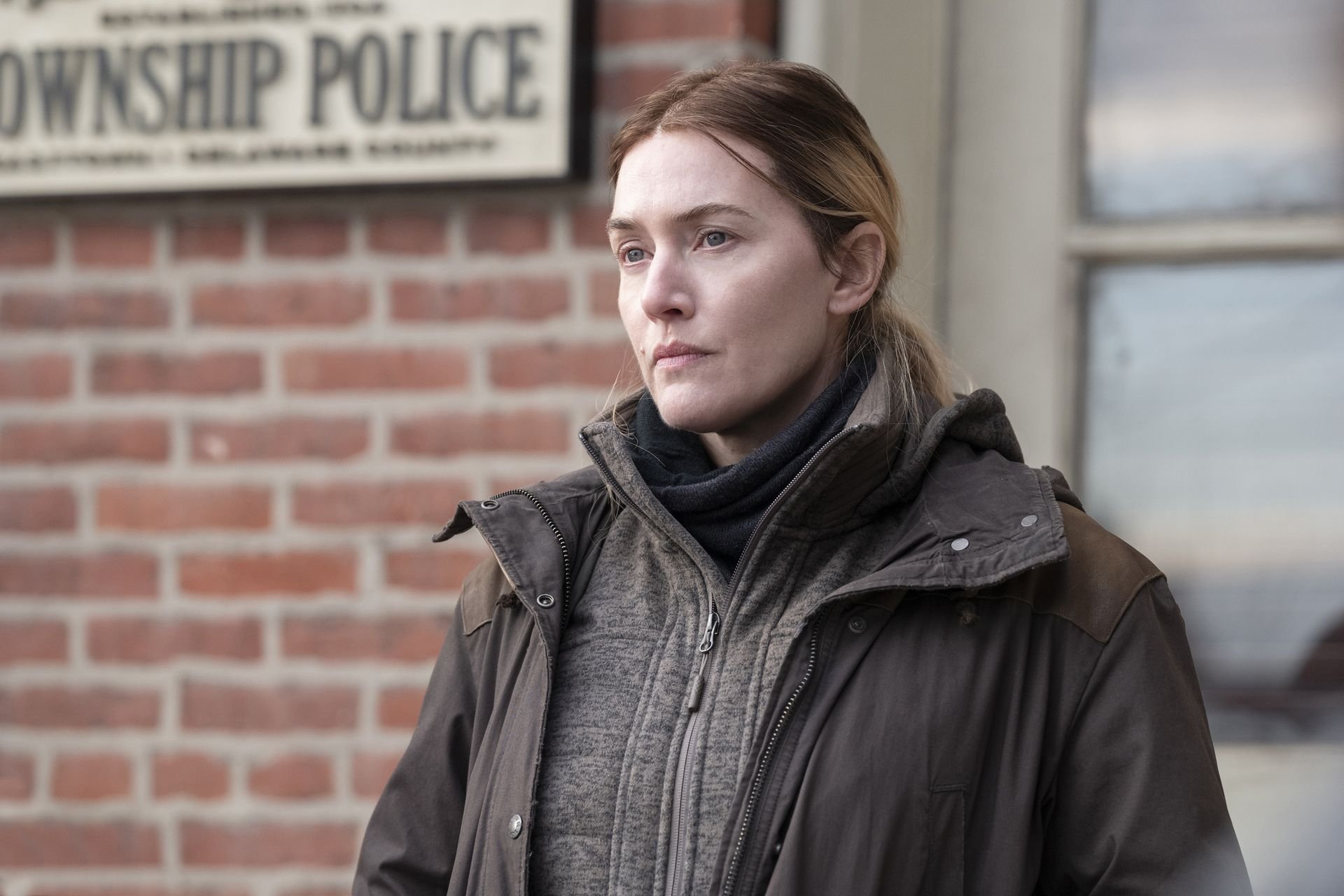


Reflecting on the career of the iconic star of The French Connection, The Royal Tenenbaums, and Unforgiven.